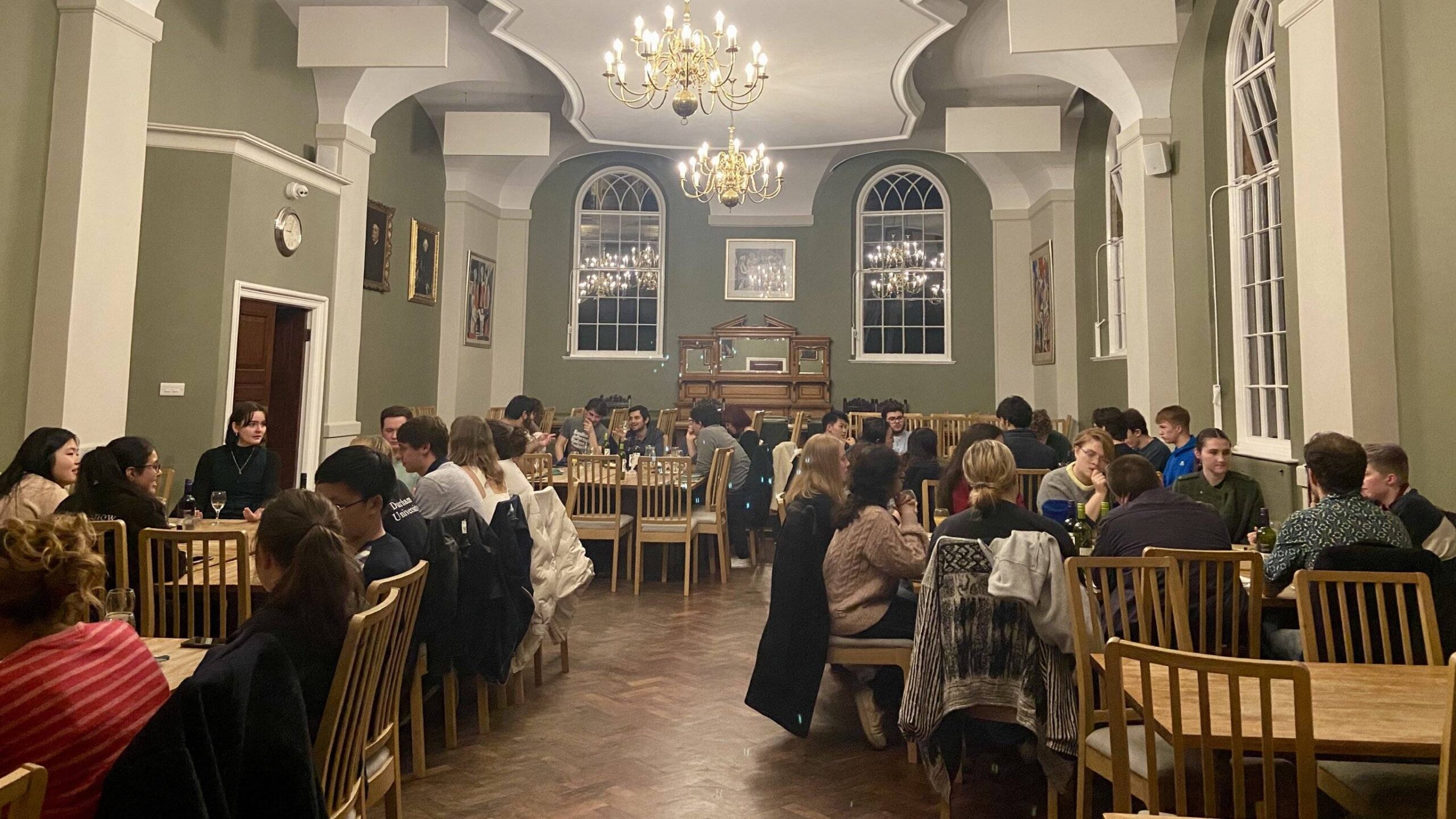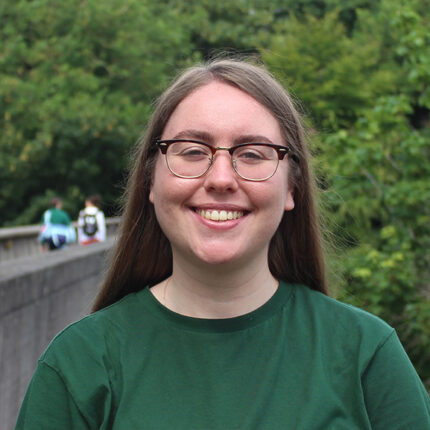If you believed the national press, you’d think that Durham SU was constantly clamping down on freedom of speech.
But the reality is very different.
Earlier this month, students arrived in one of our college’s dining halls to take part in a “Speak Free” event. With wine, cheese, softs, and snacks laid out on the tables, groups of twelve sat down to discuss and debate various topics that are impacting students here and now.
- Who is responsible for the housing crisis, and what role does the university have in it?
- Should our attitude on drug consumption move towards harm-reduction, or remain at zero-tolerance?
- Would students be better off if departments returned to pre-covid practices, or are there elements to teaching and assessment that should be kept in place going forward?
This was the first time any of the Durham SU Officers hosted an event such as this, and hopefully it will be the first of many.

Here’s the good news. A wide range of students were invited – covering a spread of our colleges, levels of study, associations, societies, and more. And we had an excellent turnout for the event, with the hall buzzing with discussion and full of thought-provoking and exciting conversation.
The discourse
Sadly opportunities like this – where students from all across campus can come together, sit down, and have passionate discussions about meaningful topics with thought-out response – are unfortunately not often the focus when it comes to free speech discourse.
Too often, we see on-campus free speech and debate being facilitated by a minority of students through reckless theatrics, without any regard for our student community. But at Speak Free, students decided to make inclusive and meaningful free speech the focus. This was a chance for students to demonstrate what the culture of debate should be like in Durham, and they did just that.
Holding events like this shows how students can set a great example of how they can respond in the face of those who actively challenge our values. The event was purposefully held at the same time that Rod Liddle was due to speak at a Durham Union Society debate.
A Liddle man
Following controversy last year, the anger felt by the student population when news about Liddle’s return surfaced was both unsurprising and justified.
Last year’s officer team wrote a statement on how Liddle’s speech was the result of “a longstanding failure to properly address unacceptable behaviour”, which was followed by our opportunities sabb Jack Ballingham’s statement last month outlining how the “Durham Union Society’s priority is to generate outrage … without any thought for the impact on our community”.
The conflation of an individual’s right to freedom of speech with the notion that hate speech and bigotry can be espoused without challenge or criticism is not a student-written narrative. In fact, it’s one that students have actively resisted. This is why events such as Speak Free are important – both to illustrate what good free speech and debate actually looks like, and how students want to show this.
As the event drew to a close, I had a number of students express how they wished for more of these events to be held in the future. I couldn’t agree more. More Speak Free events will be carried out throughout the year, and I can’t wait to see the great debates and discussions that students will have going forward.



















